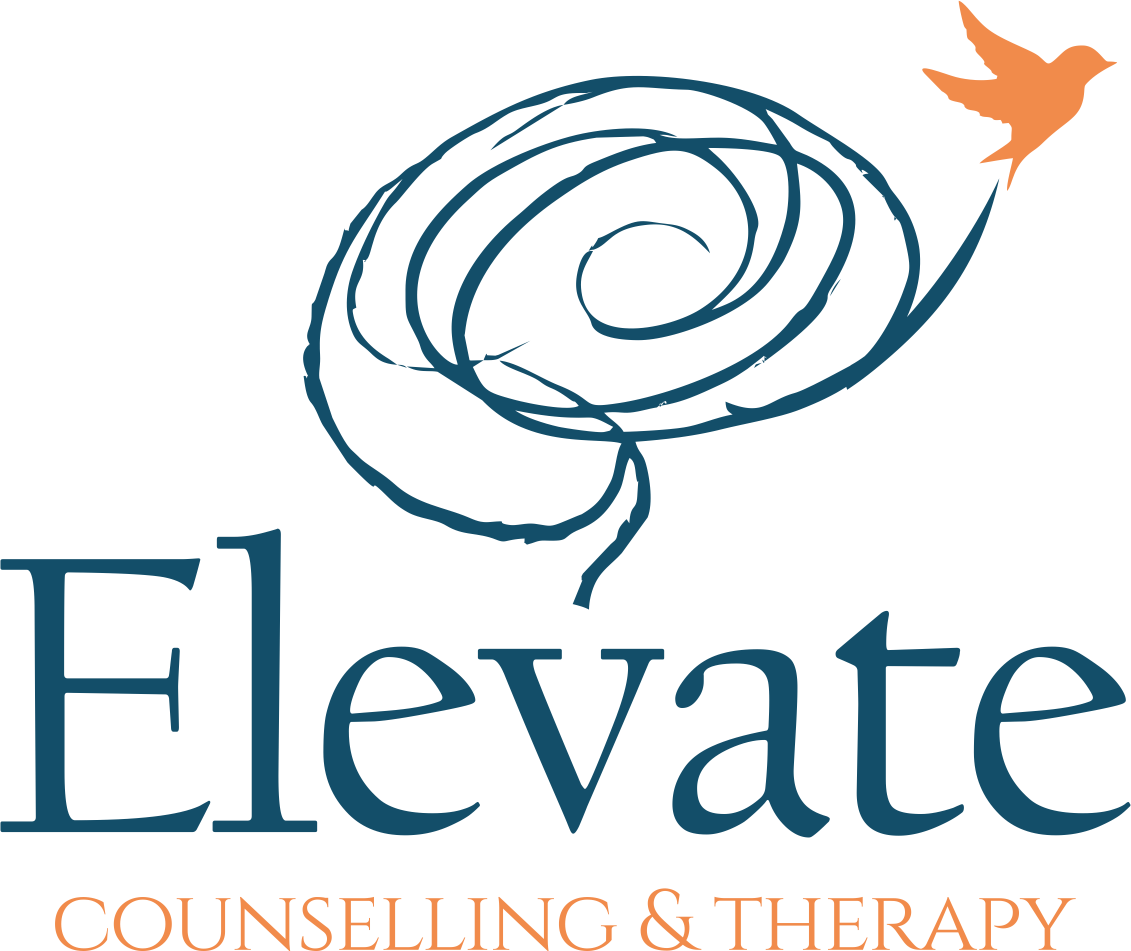Elevate was started because we feel that counselling and therapy are more than just about having a place to share their story. Life stress impacts more than your emotions and mental state. Stress affects the whole person. Elevate wants to provide skills and knowledge to heal the entire person.
ECT approaches the ecology of the human experience from an anti-oppressive lens. We identify that each person is unique, and the client is the expert in their problem and not the therapist. We approach the problem as separate from the individual; the problem does not define the person. We are open and empathetic to all lifestyles and backgrounds.
Practitioners
Hover over any of our staff members to read their bio, and select their photo to be taken to their booking page.
Kenny Bodvarson
BSW, RSW
Brittany Gervais
RSW, MSW
Amber Fortowski
RSW, CCC
Lisanne Hounjet
RSW, BSW
Bailey Knot
RSW, BSW
Jason Rock
RSW, BSW
Adelle Teneycke
MSW, RSW
Charlene Robert
RSW, BSW
Stacy Wallace
RSW, BSW
Tatum Albert
BSW, MSW, BEd
Emily Sather
RSW, BSW
Jelena Mlinarevic
RSW, BSW
Admin Team
Emma
Kelly-Anne
Jacob
Alyson
Our Promise:
To identify each person as a unique individual with their own set of beliefs and ideologies
To remain open and respectful to all backgrounds and lifestyles
To provide a safe and trustful space to share their story to find their peace
To be a community led by empathy and understanding to meet the needs of the client
To serve the client in their journey as they are the author of their own story
Types of Therapy we use
Click on a type below to read more
+ Accelerated Resolution Therapy (ART)
Accelerated Resolution Therapy (ART) is an evidenced-based, rapid-eye-movement therapy for the treatment of trauma, anxiety, depression, sleep problems, self-esteem problems and other issues. Research shows that the course of treatment averages between three and four sessions. The gains made from ART therapy were still in effect 4 months after its conclusion. The key concepts of Accelerated Resolution Therapy include memory reconsolidating and smooth-pursuit eye movements. Together, these techniques help patients deal with issues like trauma, anxiety, depression, or sleep problems.
+ Narrative Therapy
is a method of therapy that separates a person from their problem. It encourages people to rely on their own skills to minimize problems that exist in their lives.
Throughout life, personal experiences become personal stories. People give these stories meaning, and the stories help shape a person’s identity. Narrative therapy uses the power of these stories to help people discover their life purpose. This is often done by assigning that person the role of “narrator” in their own story.
+ Compassionate Communication
Compassionate Communication gives us the tools and consciousness to understand what triggers us, to take responsibility for our reactions, and to deepen our connection with ourselves and others, thereby transforming our habitual responses to life. NVC is based on a fundamental principle:
Underlying all human actions are needs that people are seeking to meet, and understanding and acknowledging these needs can create a shared basis for connection, cooperation, and more globally – peace.
+ Cognitive behavioral therapy (CBT)
Cognitive behavioral therapy (CBT) is a form of psychological treatment that has been demonstrated to be effective for a range of problems including depression, anxiety disorders, alcohol and drug use problems, marital problems, eating disorders, and severe mental illness. Numerous research studies suggest that CBT leads to significant improvement in functioning and quality of life. In many studies, CBT has been demonstrated to be as effective as, or more effective than, other forms of psychological therapy or psychiatric medications
+ Dialectical behavior therapy (DBT)
Dialectical behavior therapy (DBT) is a modified type of Congnitive behavioral therapy (CBT). Its main goals are to teach people how to live in the moment, develop healthy ways to cope with stress, regulate their emotions, and improve their relationships with others.
+ Gottman Method
In his New York Times bestselling book The Seven Principles for Making Marriage Work, Dr. John Gottman writes, “Although you may feel your situation is unique, we have found that all marital conflicts fall into two categories: Either they can be resolved, or they are perpetual, which means they will be part of your lives forever, in some form or another.” Gottman says that 69% of marital conflicts are perpetual problems, and these are of particular focus in much of the work performed by Gottman-trained therapists.
+ EFCT- Emotional Focused Couples Therapy
Emotionally Focused Couples Therapy (EFCT) is a short-term structured approach, encompassing 8 to 20 sessions, established in the 1980s based on attachment science. It employs a humanistic, experiential approach to restructure emotional experience, alongside a systemic structural approach to amend interactions. Extensive research underpins EFCT’s effectiveness, showcasing substantial treatment effect sizes with enduring results. EFCT has been utilized successfully across diverse settings and with various couples facing challenges like depression, anxiety, or forgiveness dilemmas. It’s employed across North America, Europe, Australia, among others, with both traditional and non-traditional couples, demonstrating its wide applicability and effectiveness
+ EMDR
EMDR is a structured therapy that encourages the patient to focus briefly on the trauma memory while simultaneously experiencing bilateral stimulation (typically eye movements), which is associated with a reduction in the vividness and emotion associated with the trauma memories. Eye Movement Desensitization and Reprocessing (EMDR) therapy is an extensively researched, effective psychotherapy method proven to help people recover from trauma and PTSD symptoms. Ongoing research supports positive clinical outcomes, showing EMDR therapy as a helpful treatment for disorders such as anxiety, depression, OCD, chronic pain, addictions, and other distressing life experiences (Maxfield, 2019
“The problem is the problem; the person is not the problem.”
“Stories become transformative only in their performance.”
“Speaking isn’t neutral or passive. Every time we speak, we bring forth a reality. Each time we share words, we give legitimacy to the distinctions that those words bring forth.”


















